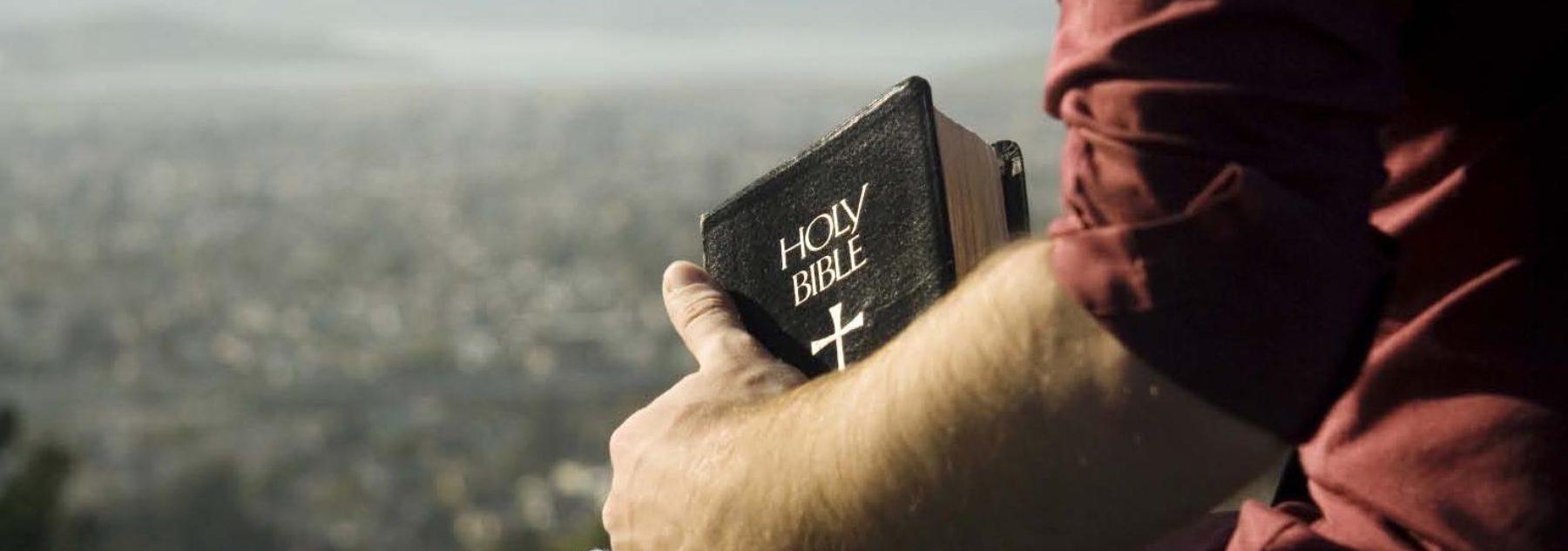If you think about this there are some pretty serious ramifications at play here and we’re gingerly skipping past too many of them without a care in the world. I’ve been studying Hippocrates diligently for a little over a year. The man was just about as ethical as I can imagine. He knew the rule to be followed was simply, “First do no harm.” A close second was that no treatment was mandatory. None.
We should ask ourselves if we want our doctors to be of faith and just how important that is for us. I’ve argued with people over this one before, but I know those of faith are rationally more ethical than those void faith. …Rationally. Why? Because those of faith are accountable to a higher power for what they’re doing in the here and now. If you have two nearly identical doctors and one thinks we turn into a worm feed after expiring and the other is bound to faith knowing there is a standard beyond the physical world he or she’s to adhere to, which is likely to be more ethical?
To bring this full circle for you, add the tidbits I mentioned above into a nice little soup and let them simmer for few moments. No treatment is mandatory, right? We want ethical doctors guiding us, right? Why? It’s simple. When no treatment is mandatory, and none are by the way, we require ethical doctors because we’re making our decisions on their advice. Our treatments are a combination of an extension of their abilities as physicians, our trust in them as professionals, but more so, that of people with ethical intent.
Considering these doctors are actually advising you on what you ought to do, we now import ‘ought’ statements into the equation. Where do ought statements come from? Those things in which we should do come from where? Who defines those for us? Where is the list of things we should and should not do?
“Is” statements are derived from things like science. That rock is hard. It is chilly outside this morning. That car is fast. …And so on. “Ought” statements aren’t issues of relativity. People make that mistake often. Instead, ought statements are things we should do or shouldn’t do, almost solely. You hadn’t ought to push your sister down. I should help that lady change that flat tire. We shouldn’t be so busy we can’t go to church on Sunday morning. Ought, should, shouldn’t, as defined by Whom?
I wanted to chase this with you because we’re talking about a little boy with a government medicine machine calling the shots. When you boil it down to its basest terms, that’s the gig. I established above no treatment is mandatory. That’s just the way it is. You can say no to any treatment, and yes if it’s allowed as an option, correct? Since we understand that premise fully the question then becomes, are the people guiding our health and subsequent procedures and treatment ethical as defined by Him? In this case government policy, judges, and the recommendations of many doctors are those not just guiding, but forcing treatment policy onto Alfie and his parents.
I have a hard time accepting this flawed example of the way healthcare should be considered, approached, and administered. Sadly, I’m not convinced this can be stopped. While possible, we’re not asking the proper questions about the nature of medicine and how medicine is practiced, and most importantly the philosophy and theology behind the practitioners and policies guiding our health.
Does anyone besides me notice some pretty serious flaws here? Dear Lord I pray all this suffering wasn’t for nothing. I know I need to rejoice in the knowledge that Alfie is free of pain in Heaven. I can’t help but embrace a deep sadness we can’t seem to figure out things as simple as this. Our moral consensus is no longer. I’m not sure how you can practice medicine without sound ethics, and a generous portion of love…
1 Corinthians 13:1-13
If I speak with the tongues of men and of angels, but do not have love, I have become a noisy gong or a clanging cymbal. 2 If I have the gift of prophecy, and know all mysteries and all knowledge; and if I have all faith, so as to remove mountains, but do not have love, I am nothing.3 And if I give all my possessions to feed the poor, and if I surrender my body to be burned, but do not have love, it profits me nothing.
4 Love is patient, love is kind and is not jealous; love does not brag and is not arrogant, 5 does not act unbecomingly; it does not seek its own, is not provoked, does not take into account a wrong suffered, 6 does not rejoice in unrighteousness, but rejoices with the truth; 7 bears all things, believes all things, hopes all things, endures all things.
8 Love never fails; but if there are gifts of prophecy, they will be done away; if there are tongues, they will cease; if there is knowledge, it will be done away. 9 For we know in part and we prophesy in part; 10 but when the perfect comes, the partial will be done away. 11 When I was a child, I used to speak like a child, think like a child, reason like a child; when I became a man, I did away with childish things. 12 For now we see in a mirror dimly, but then face to face; now I know in part, but then I will know fully just as I also have been fully known. 13 But now faith, hope, love, abide these three; but the greatest of these is love.
Be salt and seek the light my friends…




